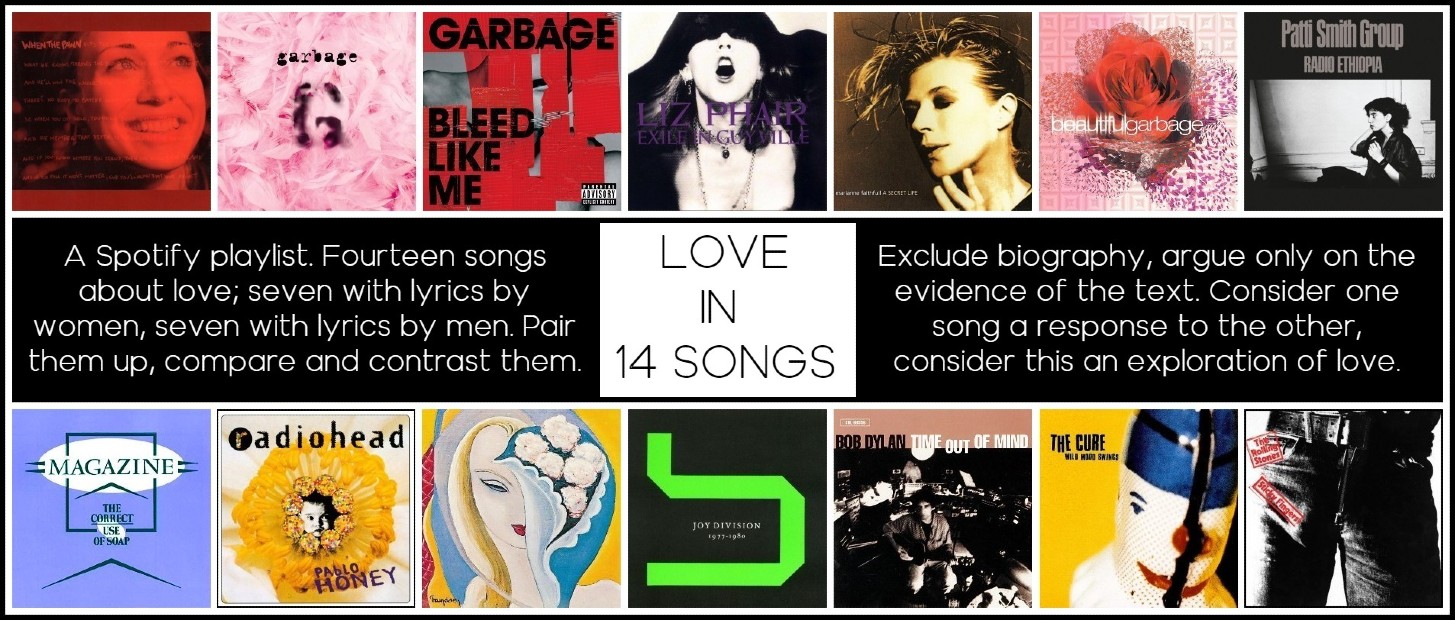
LOVE IN FOURTEEN SONGS – III
LOVE WILL TEAR US APART | DIVORCE SONG
Ian Curtis—Joy Division | Liz Phair—Liz Phair
Richard Jonathan

LOVE IN FOURTEEN SONGS – THE THIRD PAIR
‘Love Will Tear Us Apart’ and ‘Divorce Song’ both convey a sense of a dead end within a couple; they show how physical closeness combines with emotional isolation to make distance between the man and the woman painfully tangible.
LOVE WILL TEAR US APART
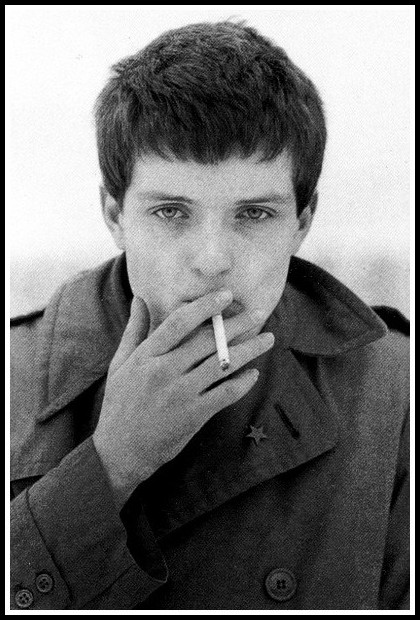
Ian Curtis, 1979 | Kevin Cummins
‘Love Will Tear Us Apart’ conjures impasse and isolation in a highly evocative image that any couple (except the one we imagined before we were in a couple) will recognize: ‘Why is the bedroom so cold, turned away on your side? Is my timing that flawed, our respect run so dry?’. It occurs against a background of ‘routine’ and ‘resentment’, a situation in which ‘ambitions are low’ and ‘emotions won’t grow’.
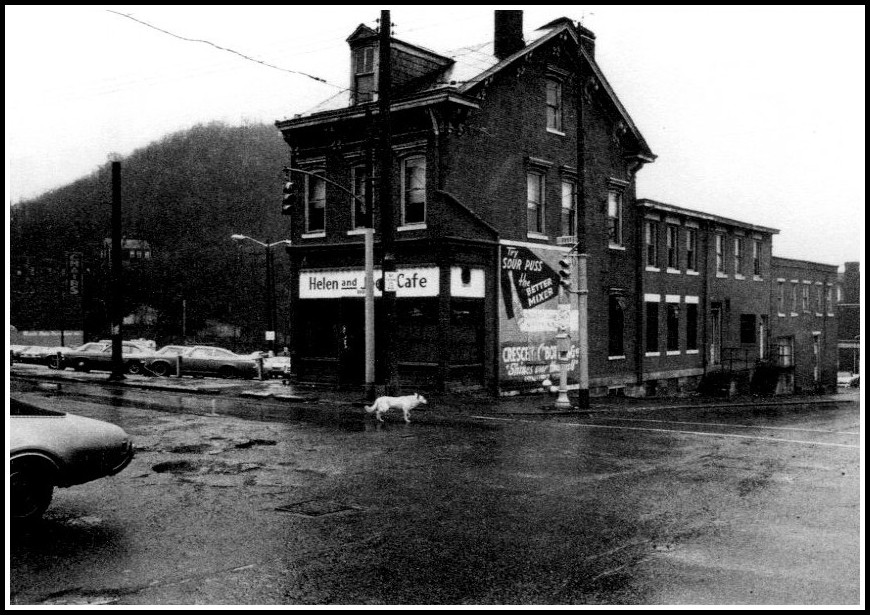
Wim Wenders, Once
How did it come to that? The man avers: ‘We’re changing our ways, taking different roads’. It can’t be helped, he seems to be saying: to live is to change, that’s life. While divergence as an inevitability relieves one of responsibility and so is an attractive proposition to the leaver, the one being left will not be content to blame it all on the stars. And indeed, the woman here ‘cries out in [her] sleep’ as the man’s ‘failings [are] exposed’. Note that, implicitly, he acknowledges his ‘failings’.
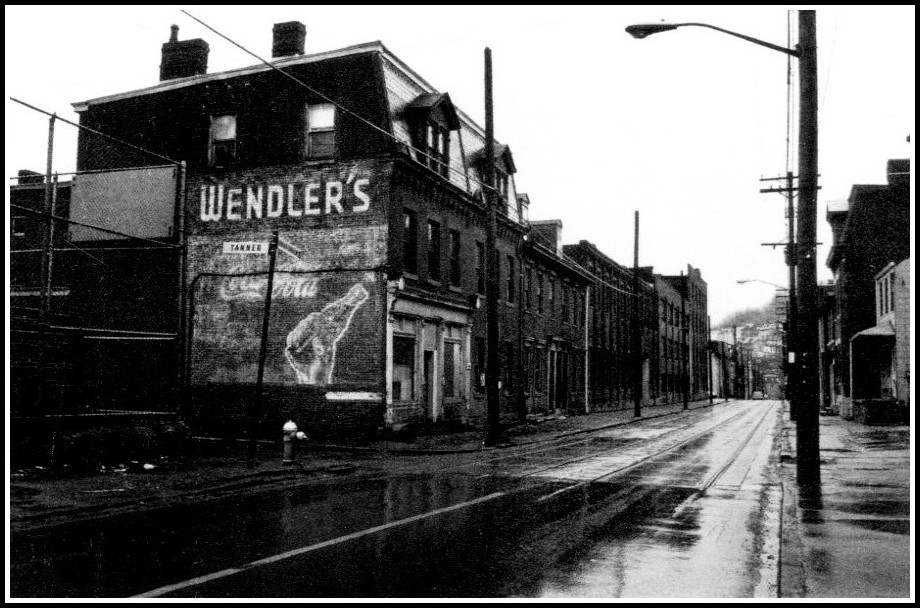
Wim Wenders, Once
But is it not a fact that no man can ever measure up to a woman’s ideal, and therefore ‘failings’ are inevitable? Indeed, if, as Freud argued, the couple is a ‘crowd of two’, then—to reformulate the problem in Lacanian terms—perfect complementarity between the partners’ respective needs, demands and desires is, by definition, impossible. That being the case, the couple, to stay together, need to periodically ‘re-attune’ themselves to each other. And this is where the man and woman each have to arbitrate between faith in the couple to provide fulfilment and the potential to find it elsewhere, between loyalty to oneself and loyalty to the couple. From this perspective, love is the willingness to pursue reciprocal re-attunement.
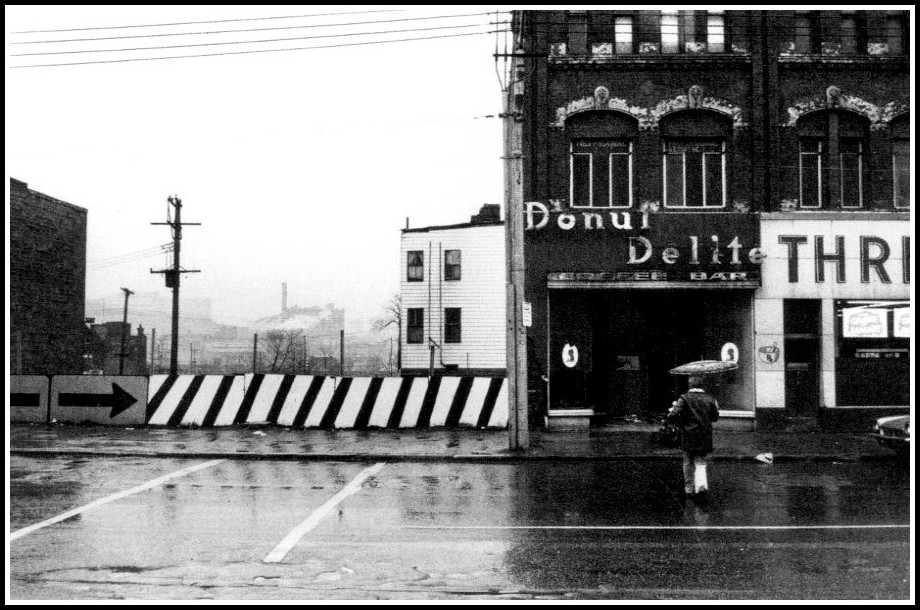
Wim Wenders, Once
So why does the man say, ‘Love will tear us apart’? Could it be that the seed of division is always already within the love that drives union? That it germinates in the darkness of the individual and its flowering is contingent, for example, on a new encounter? If desire is sparked by triangulation, the geometry that sustains desire is non-Euclidian. So here, even as the couple ‘take different roads’, love persists: ‘Yet there’s still this appeal that we’ve kept through our lives’ and ‘Is it something so good just can’t function no more?’. And thus the vicissitudes of love give us pause.

Wim Wenders, Once
In this vision of the couple as unsustainable parallels, is the man simply being realistic, is he rationalizing, or is he refusing responsibility? Is his notion that ‘love will tear [them] apart’—because love is governed by what escapes us—a cop-out? Suspend your knowledge of Ian Curtis’ biography and consider your own couple. If you are fully alive, your couple is not what it was yesterday and is not what it will be tomorrow. How do you, how will you, deal with divergence? In this domain each of us must forge, in our heart of hearts, our own ethics.
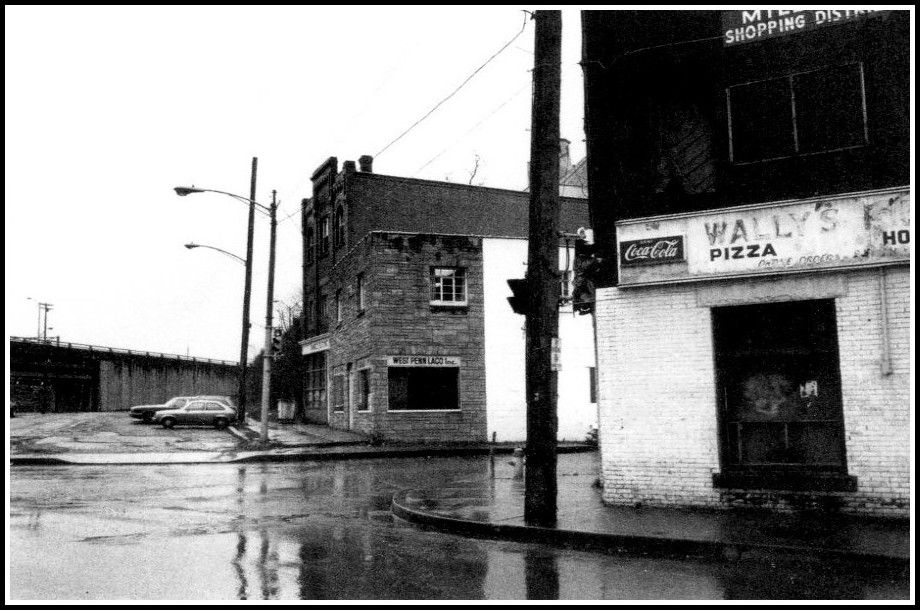
Wim Wenders, Once
LOVE WILL TEAR US APART
Ian Curtis—Joy Division
When the routine bites hard
And ambitions are low
And the resentment rides high
But emotions won’t grow
And we’re changing our ways,
Taking different roads
Then love, love will tear us apart again
Why is the bedroom so cold,
Turned away on your side?
Is my timing that flawed,
Our respect run so dry?
Yet there’s still this appeal
That we’ve kept through our lives
Love, love will tear us apart again
Do you cry out in your sleep,
All my failings exposed?
Get a taste in my mouth
As desperation takes hold
Is it something so good
Just can’t function no more?
Love, love will tear us apart again
DIVORCE SONG

Liz Phair, 1993
In ‘Divorce Song’, the couple are on the road, but they can’t leave their troubles behind; they’re confined in a car, and their problems are expressed in pettiness: ‘And it’s true that I stole your lighter’, says the woman, ‘and it’s also true that I lost the map’. And the man hurts the woman: ‘When you said that I wasn’t worth talking to, I had to take your word on that’ and ‘The license said you had to stick around until I was dead, but if you’re tired of looking at my face I guess I already am’.
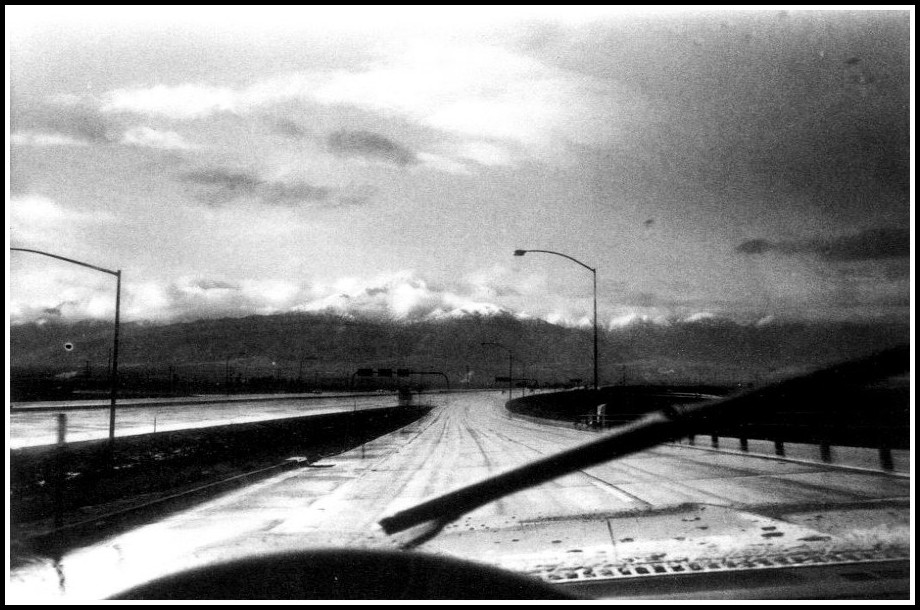
Wim Wenders, Once
Acting in bad faith, the man ‘did the things [he] said were up to [the woman], and then accused [her] of trying to fuck it up’. And yet, somehow, the woman still has faith in him, faith that her love can change him: ‘But you’ve never been a waste of my time, it’s never been a drag, so take a deep breath and count back from ten and maybe you’ll be alright’.
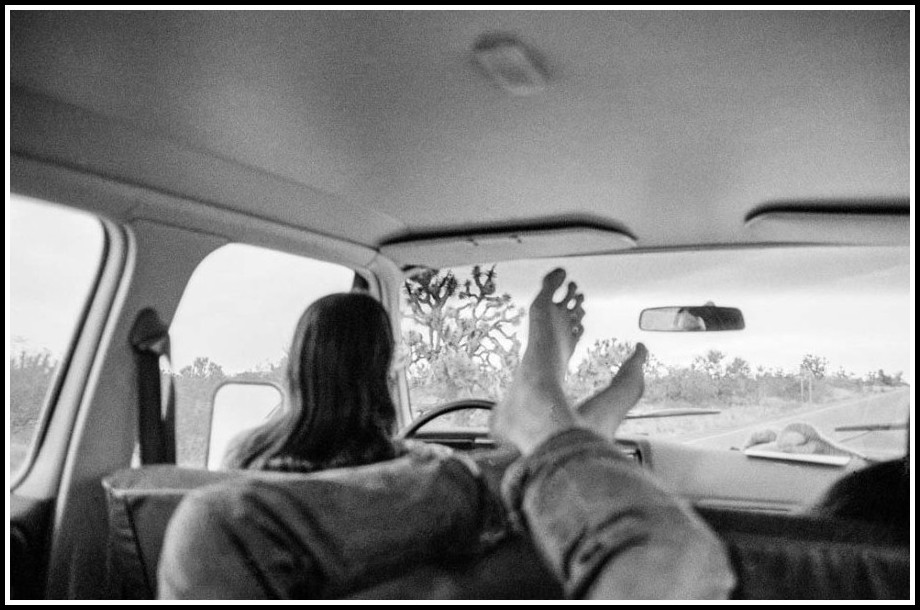
David Hurn, Arizona
Whereas in ‘Love Will Tear Us Apart’ the man attributes estrangement to the partners going through changes, in ‘Divorce Song’ the woman’s explanation is more surprising: ‘It’s harder to be friends than lovers and you shouldn’t try to mix the two’. The lyric implies that it’s a question of either/or, but between adults in a couple it’s more a question of one/then (the other). The challenge is to juggle different modes, to maintain differences in tension: to suppress one or the other is to refuse the dynamics of the couple. This is not what the woman here wants.
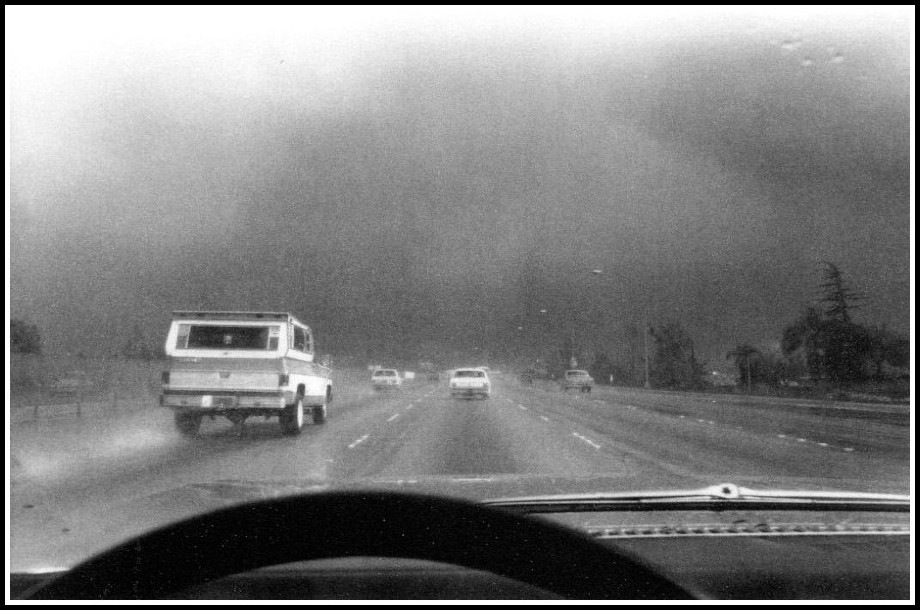
Wim Wenders, Once
She goes on to add: ‘Cause if you do it and you’re still unhappy then you know that the problem is you’. Curious, isn’t it, if we’re talking about adults? Sex lies at the heart of a couple: it is not an option. And if it were a cure for unhappiness, there’d be a lot more fucking going on. Is ‘Divorce Song’, then, a portrait of an adolescent couple? No. There’s something very adult in its evocation of the toll that time takes on the couple’s ability to communicate. But there is an ‘adolescent’ in the song: the man. He needs to grow up, while the woman, the ‘adult’, has to learn to juggle different modes. She is waiting for him to be able to say, as she already can, ‘The night delivered new names for love, the word itself unspoken; into the frenzy of desire, the infusion of devotion.’ (Richard Jonathan, Mara, Marietta: A Love Story in 77 Bedrooms). How long will she wait? If you ask me, I think she should quit the jerk now and move on.
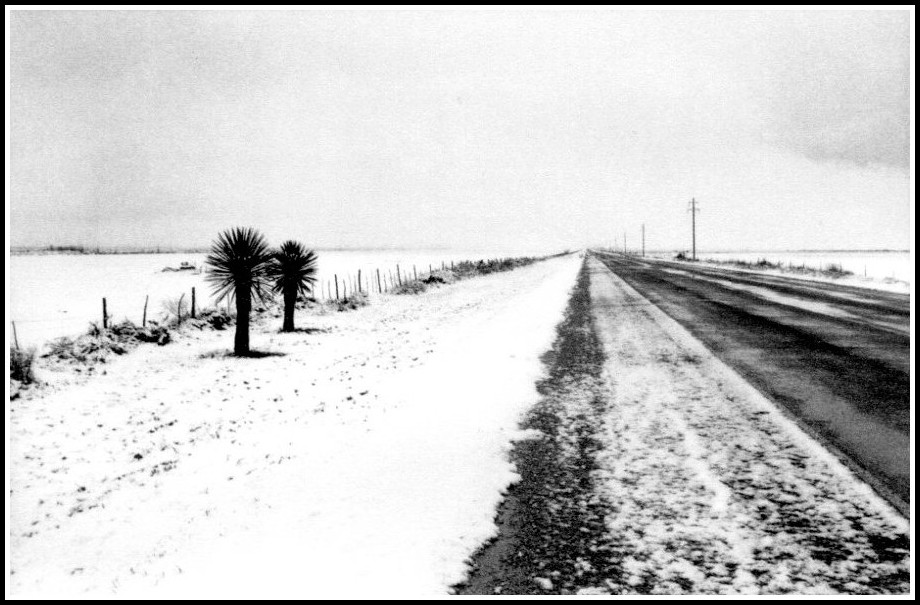
Wim Wenders, Once
Yet she can’t do that. ‘And the license said you had to stick around until I was dead, but if you’re tired of looking at my face I guess I already am’. Remember that line? Why is her self-regard so dependent on his gaze? Does it have something to do with what happens between the two of them in bed? It would seem so, since she says, ‘I would have stayed in your bed for the rest of my life’ if she had known how badly he would take it when she ‘asked for a separate room’ because ‘it was late at night and [they’d] been driving since noon’. Overcoming her dependence on his gaze will be more difficult, no doubt, than hopping into his bed against her will in order to maintain his regard. It is this dynamic, more than anything else in the song, that makes ‘Divorce Song’, for me, a sad song. Indeed, the man will end up despising the woman for being insufficiently demanding, for asserting her need more strongly than her desire. Here, too, just as in the Joy Division song, ‘love’ will tear the couple apart, albeit through very different dynamics.
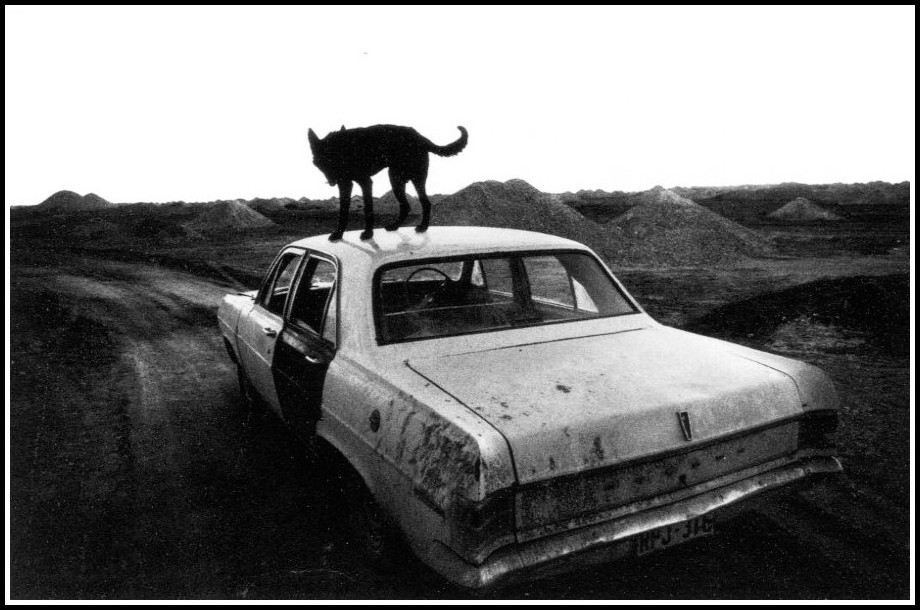
Wim Wenders, Once
DIVORCE SONG
Liz Phair
And when I asked for a separate room
It was late at night
And we’d been driving since noon
But if I’d known
How that would sound to you
I would have stayed in your bed
For the rest of my life
Just to prove I was right
That it’s harder to be friends than lovers
And you shouldn’t try to mix the two
Cause if you do it and you’re still unhappy
Then you know that the problem is you
And it’s true that I stole your lighter
And it’s also true that I lost the map
But when you said that I wasn’t worth talking to
I had to take your word on that
But if you’d known
How that would sound to me
You would have taken it back
And boxed it up and buried it in the ground
Boxed it up and buried it in the ground
Boxed it up and buried it in the ground
Burned it up and thrown it away
You put in my hands a loaded gun
And then told me not to fire it
When you did the things you said were up to me
And then accused me of trying to fuck it up
But you’ve never been a waste of my time
It’s never been a drag
So take a deep breath and count back from ten
And maybe you’ll be alright
And the license said
You had to stick around until I was dead
But if you’re tired of looking at my face I guess I already am
But you’ve never been a waste of my time
It’s never been a drag
So take a deep breath and count back from ten
And maybe you’ll be alright
MARA, MARIETTA: A LOVE STORY IN 77 BEDROOMS
A literary novel by Richard Jonathan
By Richard Jonathan | © Mara Marietta Culture Blog, 2022 | All rights reserved

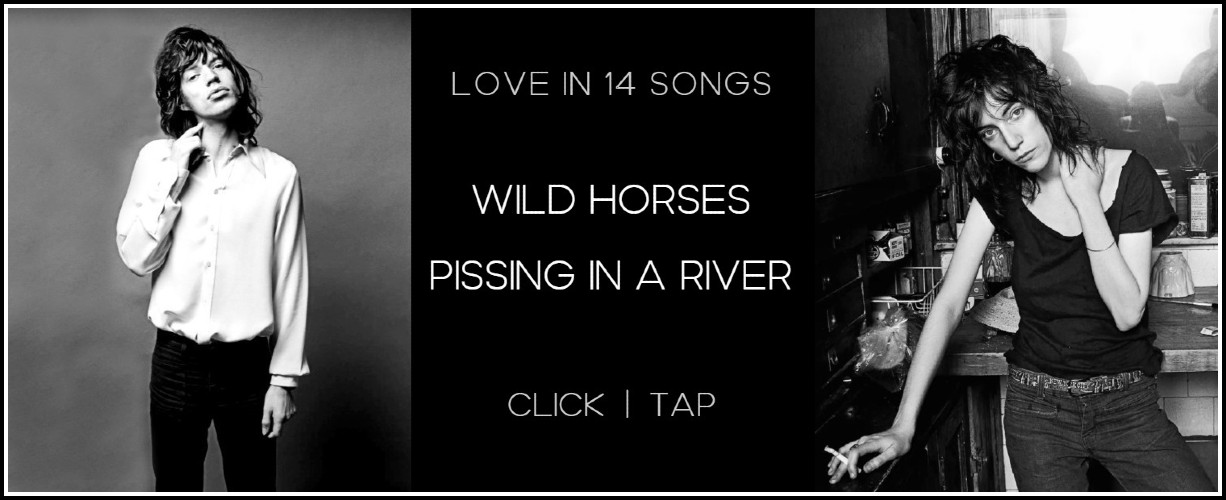
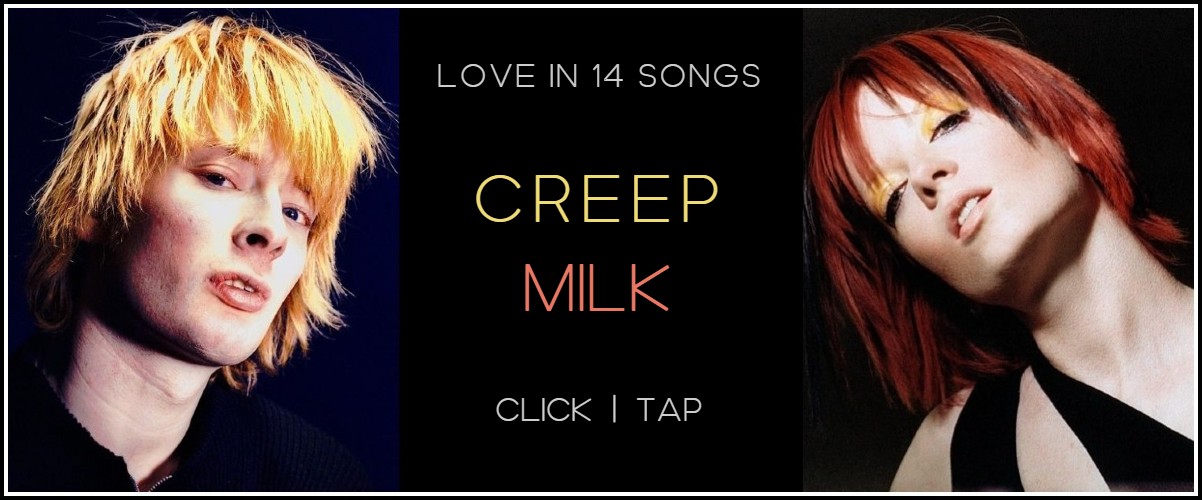
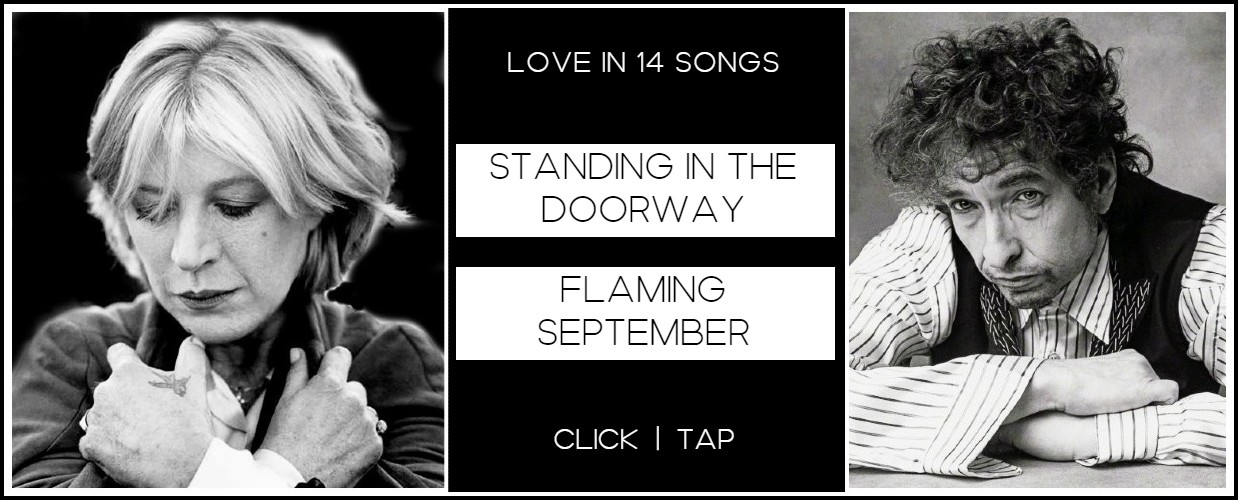
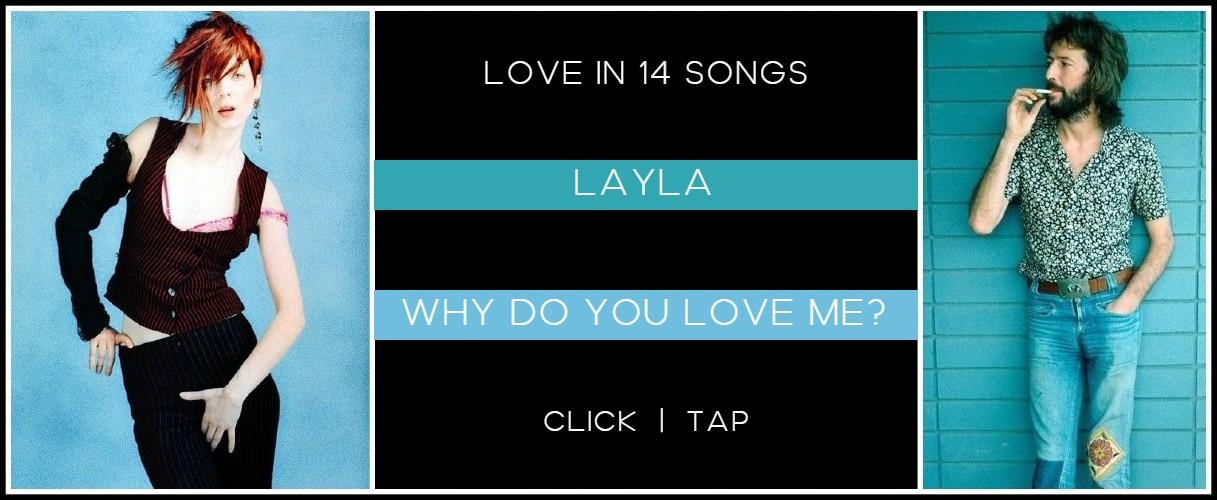
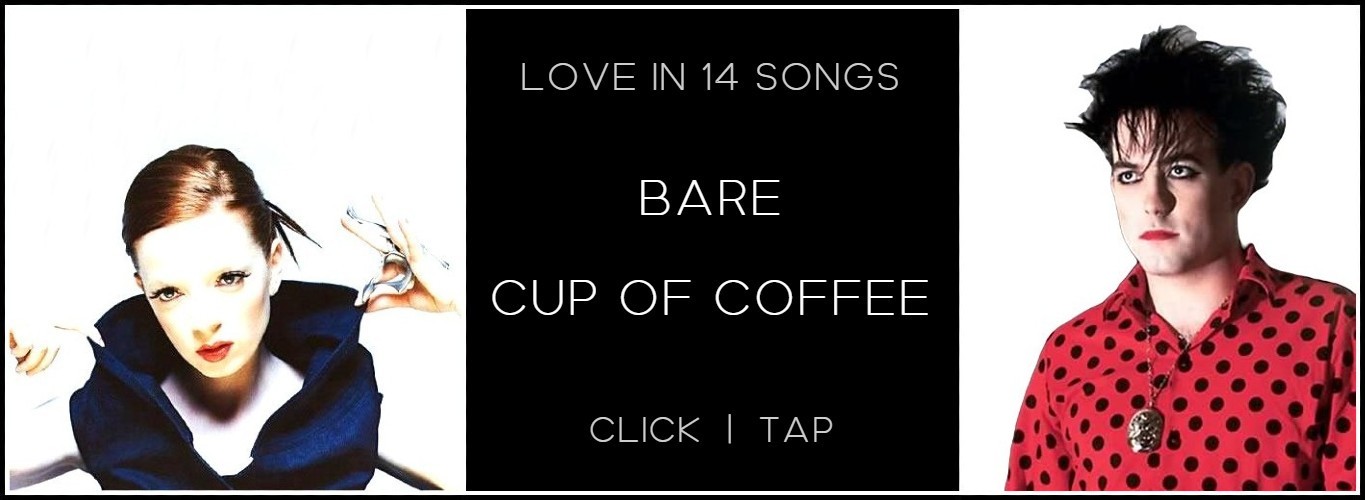
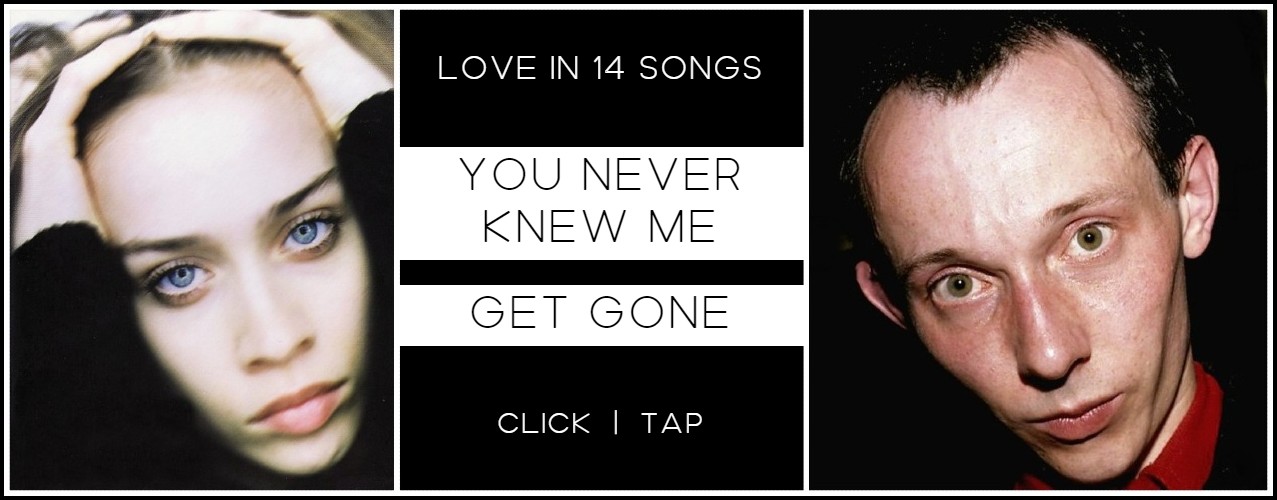
Comments